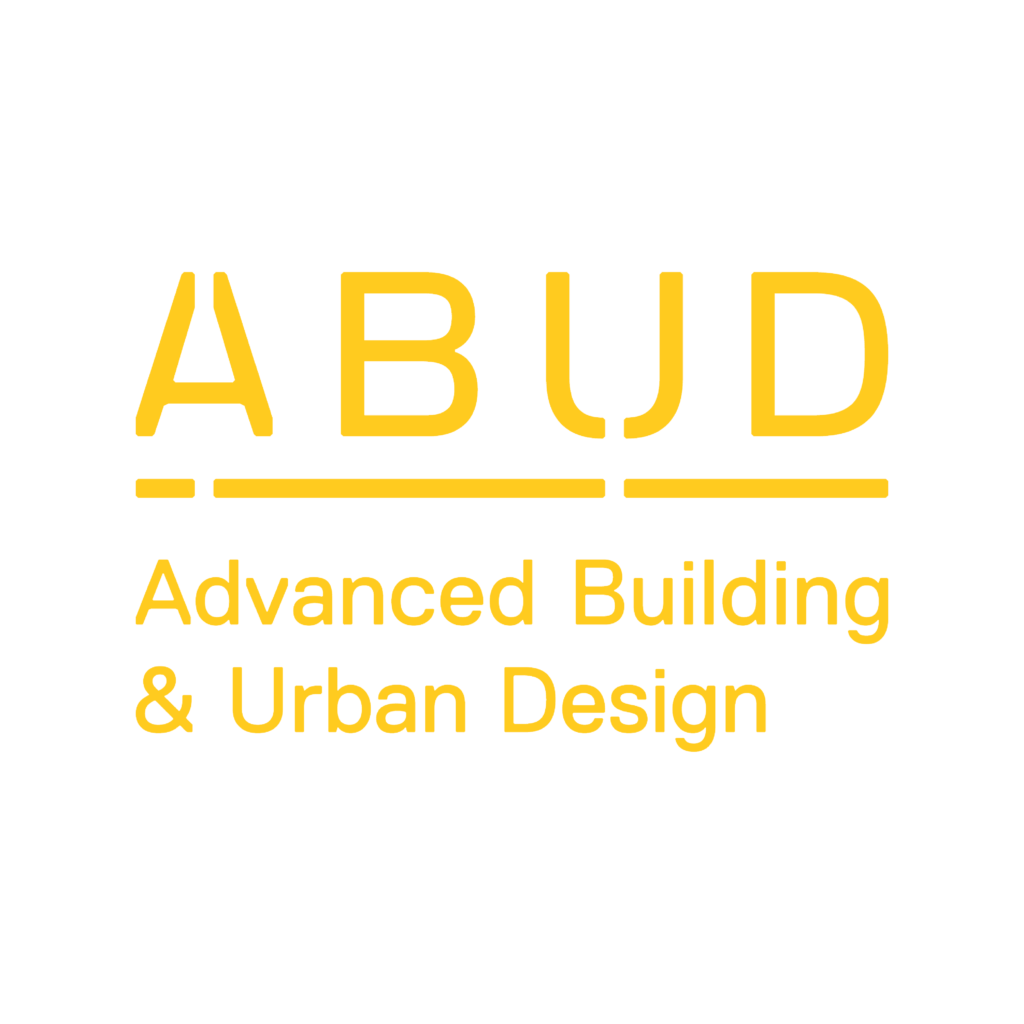
Partner presentation: Advanced Building & Urban Design (ABUD)
ABUD – Advanced Building & Urban Design is a sustainability design and consultancy firm dedicated to creating liveable, resilient, and intelligent built environments. With over 20 years of experience, ABUD specializes in architectural and engineering services, consultancy, and research and development for decarbonizing the built environment. By integrating engineering with social sciences, the company develops innovative solutions that prioritize resource efficiency, environmental and social performance, and climate resilience. To gain insights into ABUD’s role in the LEGOFIT project and its broader contributions to sustainable innovation, we spoke with Dr. András Reith, CEO of ABUD, who shared details about the company’s involvement and expectations for the project.
ABUD – Advanced Building & Urban Design is a leading consultancy firm specializing in sustainability and innovation for the built environment. The company provides cutting-edge architectural and engineering services, including modelling, simulation, and design support, alongside consultancy and R&D activities aimed at decarbonizing the building sector. With expertise spanning positive energy districts, deep retrofitting, regenerative urban design, and nature-based solutions, ABUD brings together engineering and social sciences to deliver practical, data-driven solutions.
ABUD has an impressive track record of participation in international research and innovation projects. The firm is actively involved in numerous EU-funded initiatives such as Horizon Europe, LIFE Clean Energy Transition, and Driving Urban Transition (DUT). These efforts focus on advancing resource efficiency, environmental governance, and digital transformation in construction and urban development.

Role of your organization in the project
As a member of LEGOFIT’s multidisciplinary consortium of 20 partners across 10 EU countries, ABUD contributes to developing, implementing, and validating advanced approaches for achieving Energy Positive Homes (EPH) through scalable and replicable solutions for construction and renovation.
ABUD leads WP5, which focuses on coordinating pilot implementations. These pilot sites, located in various EU countries, serve as testing grounds for innovative solutions under diverse conditions. By focusing on scalability and locally representative buildings, ABUD ensures that the process is widely applicable across the EU. Additionally, the company spearheads the creation of the LEGOFIT implementation process framework, including defining key performance indicators (KPIs).
In Hungary, ABUD is actively engaged with a pilot project in Pécs—a residential building with 100 flats, shops, and garages that requires significant upgrades in thermal insulation and energy systems. ABUD provides expertise throughout all phases of the renovation, from diagnosis to design and operational optimization, ensuring impactful results.
The company also leads efforts in developing financial and environmental assessments of the proposed solutions and technologies. These assessments provide critical data to support informed decision-making in sustainable design.
Furthermore, ABUD plays a key role in fostering knowledge sharing through the establishment of an Open Innovation Community. This initiative promotes collaboration among professionals in BIM-based sustainable design while contributing to scientific research in areas such as user behavior analysis and urban-scale Positive Energy District (PED) assessment.
Why is LEGOFIT important to your organization?
Sustainability and innovation are at the core of ABUD’s work. The company actively participates in numerous EU-funded research and development initiatives to pioneer energy efficiency and positive energy transitions across scales—from individual buildings to neighborhoods and cities. Projects such as BIO4EEB, ENSNARE, StepUP, and syn.ikia highlight ABUD’s commitment to advancing bio-based materials, digitalization, and co-designed solutions for a sustainable future.
The LEGOFIT project’s focus on accelerating the renovation of energy-positive residential buildings aligns perfectly with ABUD’s mission to drive impactful climate action. The Hungarian pilot in Pécs is of particular significance, as it demonstrates the feasibility of these innovations in a local context, inspiring stakeholders to adopt similar sustainable approaches.
LEGOFIT also allows ABUD to share and integrate knowledge from its diverse portfolio of R&D projects, fostering cross-disciplinary collaboration that accelerates innovation. This comprehensive and scalable approach not only advances energy-positive technologies but also sets a benchmark for sustainable and intelligent building design.
Expectations from LEGOFIT
ABUD expects the LEGOFIT project to deliver transformative innovations for sustainable construction and energy-positive solutions. The project’s holistic design platform integrates passive and active technologies within a user-friendly BIM framework, enabling seamless collaboration and making energy-efficient design accessible to professionals and end-users.
Key innovations include:
- Smart and flexible systems: Cutting-edge technologies like BAS (Building Automation Systems) and BMS (Building Management Systems) optimize energy performance while adapting to diverse user needs and climatic conditions.
- Environmental innovation: Reusing solid and liquid residues across the building lifecycle reduces environmental impact, promoting circular economy principles.
- Widespread adoption: By addressing economic, social, and environmental criteria, LEGOFIT enhances buildings’ smart readiness and bridges the gap between sustainability and practical implementation.
Through its involvement in LEGOFIT, ABUD aims to lead the transition to climate-neutral, resource-efficient buildings while strengthening its role as a key player in Europe’s sustainable innovation landscape.
Curious to learn more about the other partners? Take a look here!